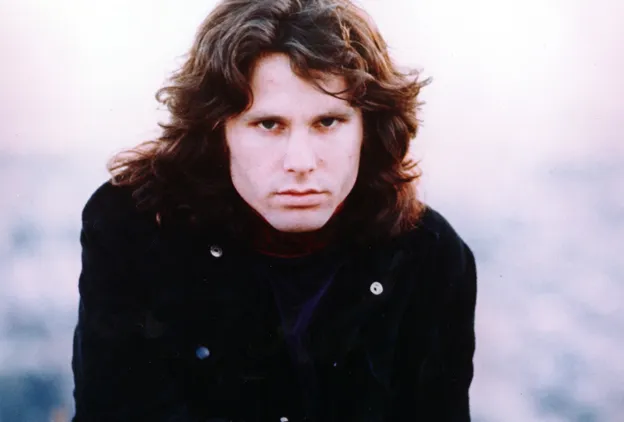 PARIS, July 3, 1971 — In a shocking and unexpected turn of events, Jim Morrison, the enigmatic frontman of the legendary rock band The Doors, was found dead in his Paris apartment early this morning.
PARIS, July 3, 1971 — In a shocking and unexpected turn of events, Jim Morrison, the enigmatic frontman of the legendary rock band The Doors, was found dead in his Paris apartment early this morning.
The 27-year-old singer, whose deep, resonant voice and provocative lyrics defined an era of rock music, was discovered lifeless in the bathtub of his rented apartment in the Marais district. The news of his death has sent shockwaves through the music world, leaving fans and fellow musicians grappling with the sudden loss of one of rock’s most iconic figures.
Morrison had moved to Paris in March 1971, seeking refuge from the pressures of fame and a growing reputation as a countercultural icon. The city of lights, known for its artistic history, was supposed to offer him a quiet escape and a place to focus on his poetry, a passion that had increasingly consumed him. However, his time in Paris has ended in tragedy, leaving more questions than answers.
The circumstances surrounding Morrison’s death are shrouded in mystery. According to official reports, no autopsy was performed, as French law at the time did not require one if foul play was not suspected. The official cause of death has been listed as heart failure, but speculation abounds regarding the true cause. Some close to Morrison have hinted at his deteriorating health due to years of alcohol and drug abuse, while others suggest a possible overdose. The lack of an autopsy has fueled rumors and conspiracy theories, with some fans refusing to believe that their hero is truly gone.
Morrison’s life had always been marked by controversy and excess. As the lead singer of The Doors, he was a figure of intense charisma and wild unpredictability. His lyrics, often steeped in dark and existential themes, captivated a generation that was grappling with the cultural upheavals of the 1960s. The Doors’ music, with hits like “Light My Fire,” “Riders on the Storm,” and “The End,” became the soundtrack of the counterculture movement, and Morrison himself became a symbol of rebellion and artistic freedom.
Yet, behind the public persona, Morrison struggled with his inner demons. His battles with alcoholism were well-documented, and his erratic behavior often led to brushes with the law, including a highly publicized arrest in Miami in 1969 for allegedly exposing himself on stage. These controversies only added to his legend, but they also took a toll on his personal life and health.
Morrison’s death at the age of 27 places him in the tragic “27 Club,” a group of iconic musicians, including Jimi Hendrix, Janis Joplin, and Brian Jones, who all died at the same young age. The eerie coincidence has only deepened the mystique surrounding his death.
As fans gather outside his apartment in Paris and at his gravesite in Père Lachaise Cemetery, where he will be laid to rest, the legacy of Jim Morrison and The Doors continues to resonate. His death marks the end of an era, but his music, poetry, and the myth of Jim Morrison will endure, ensuring that his influence on rock music and popular culture remains undiminished.
The mysterious circumstances of his passing will likely remain a topic of speculation for years to come, as fans and historians alike seek to understand the man behind the myth, whose life burned brightly but was extinguished far